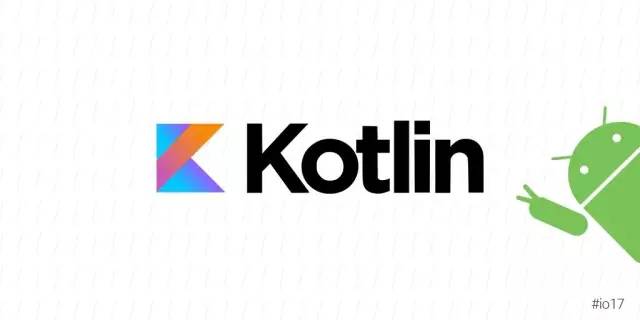Is an Equity Loan a Good Idea: A Comprehensive Analysis
Guide or Summary:Equity LoanAdvantages of an Equity LoanDisadvantages of an Equity LoanEquity LoanAn equity loan is a type of loan that uses the equity in a……
Guide or Summary:
Equity Loan
An equity loan is a type of loan that uses the equity in a property as collateral. Essentially, it's a loan secured by the value of the property, allowing borrowers to tap into their home's equity to meet financial needs. This can be a powerful tool for homeowners looking to finance major purchases, pay off debts, or simply improve their financial situation. However, like any financial decision, there are pros and cons to consider before deciding if an equity loan is a good idea for you.
Advantages of an Equity Loan
One of the primary advantages of an equity loan is the ability to access a large sum of money quickly. Unlike traditional loans, which require a lengthy application process and often a good credit score, equity loans can be processed relatively quickly and with less stringent requirements. This makes them an attractive option for those who need cash urgently.

Another advantage is the relatively low interest rates that come with equity loans. Because the loan is secured by the value of the property, lenders often offer lower interest rates compared to unsecured loans. This can result in significant savings over the life of the loan, making it a cost-effective option for many homeowners.
Equity loans also offer flexibility in terms of how the funds can be used. Unlike some other types of loans that have specific requirements for how the money can be spent, equity loans typically provide a wide range of options. This means that borrowers can use the funds for anything from home improvements to medical expenses, making it a versatile tool for meeting a variety of financial needs.
Disadvantages of an Equity Loan
Despite its advantages, an equity loan is not without its drawbacks. One of the primary concerns is the potential for losing your home if you're unable to repay the loan. Because the loan is secured by your property, failure to make payments can result in foreclosure, which can be devastating for homeowners and their families.

Another potential disadvantage is the impact on your home equity. While an equity loan can provide a quick source of cash, it also means that your home equity will be reduced. This can have long-term implications for your ability to refinance or sell your home in the future, particularly if you've used a significant portion of your equity.
Finally, it's important to consider the fees associated with an equity loan. While interest rates may be lower than those of other types of loans, there may be additional fees and charges that can add up over time. These can include origination fees, appraisal fees, and other costs that can eat into your overall savings.
In conclusion, whether an equity loan is a good idea depends on your individual financial situation and goals. While it offers several advantages, including quick access to cash, low interest rates, and flexibility in how the funds can be used, it also comes with significant risks, including the potential for foreclosure and a reduction in home equity. Before deciding whether an equity loan is right for you, it's important to carefully consider your options and consult with a financial advisor to determine the best course of action for your unique circumstances.
